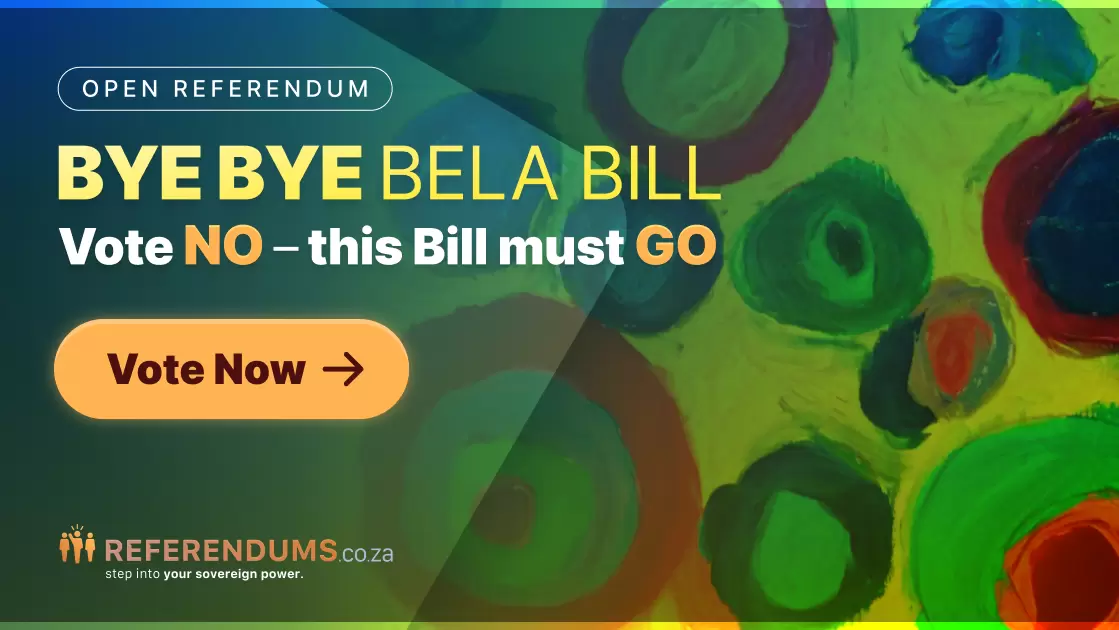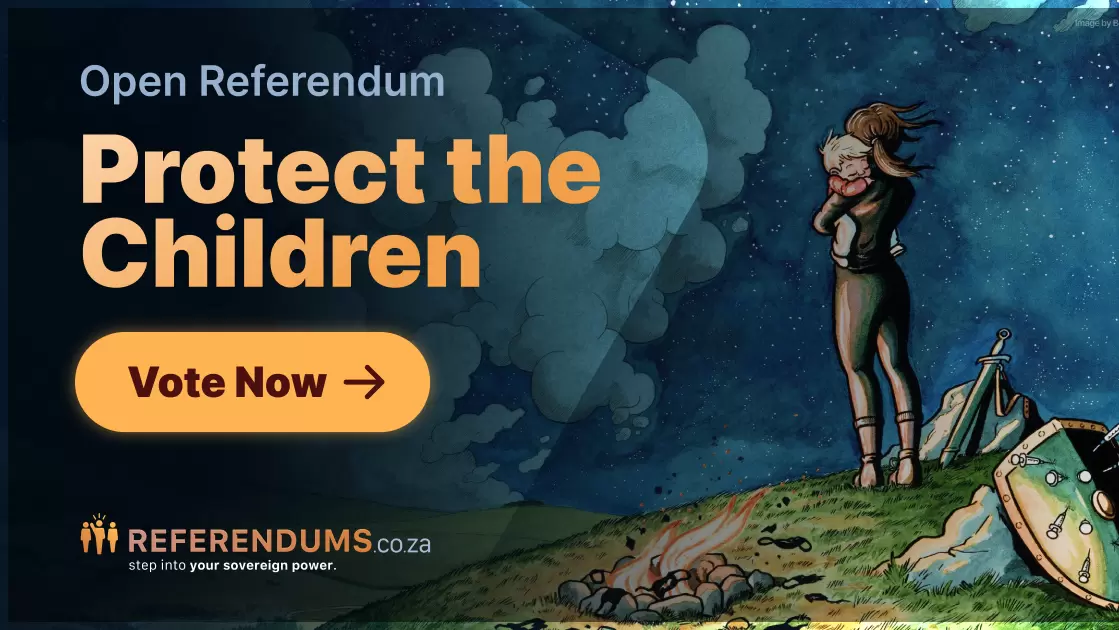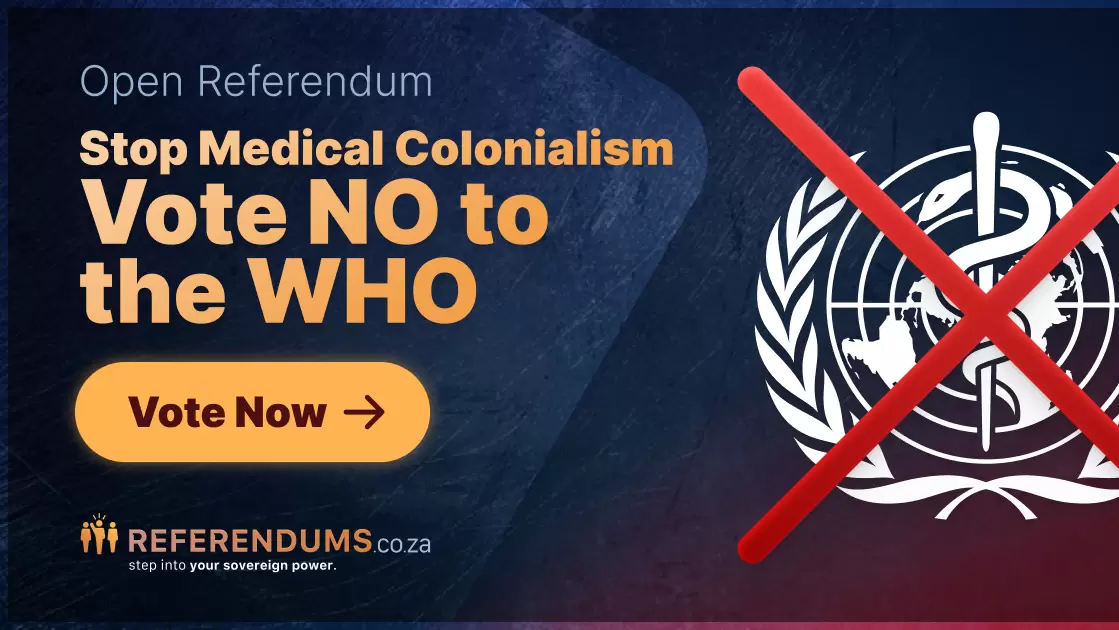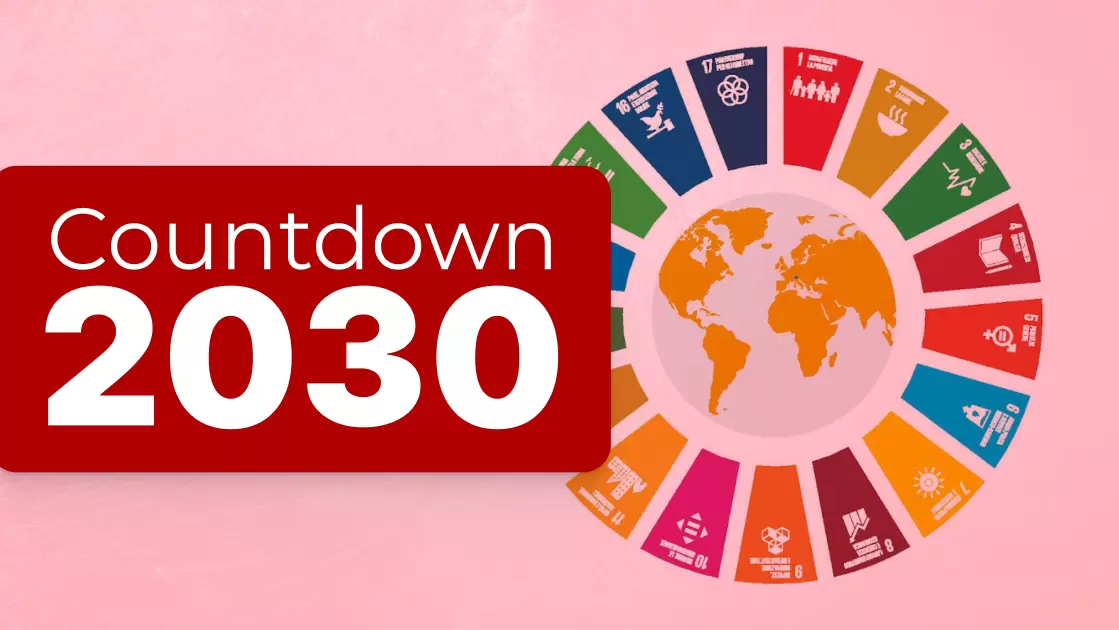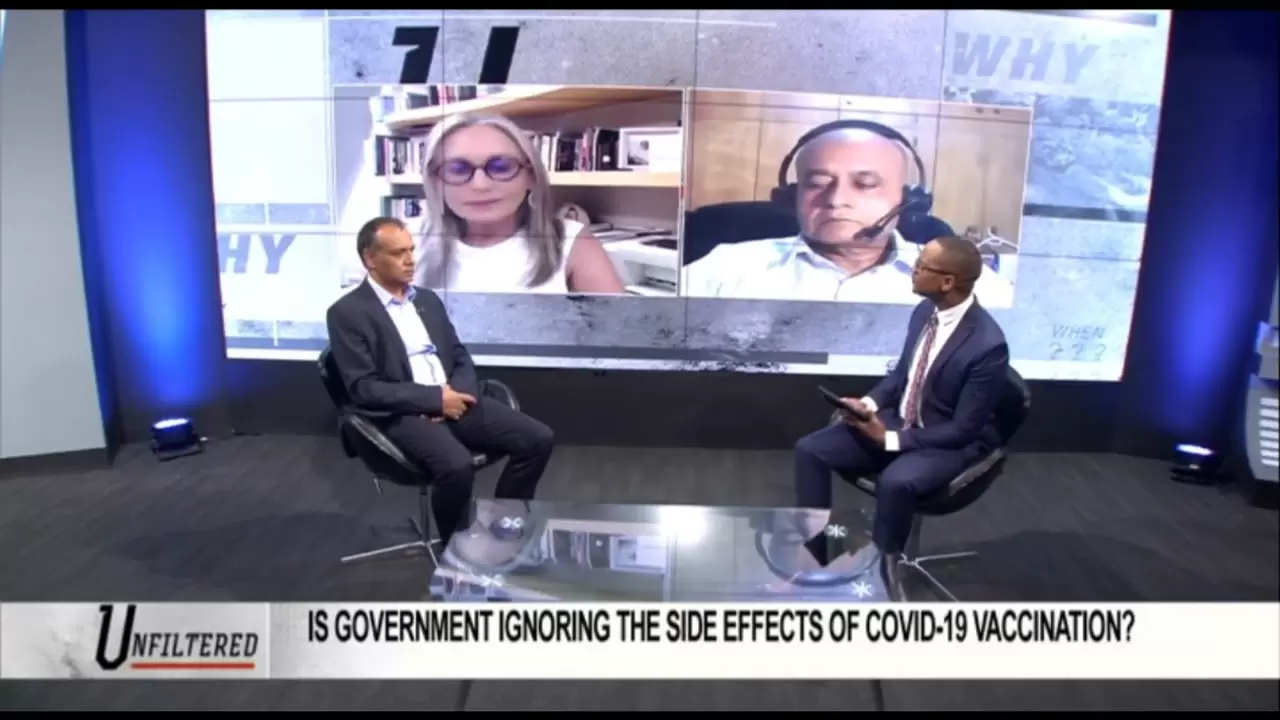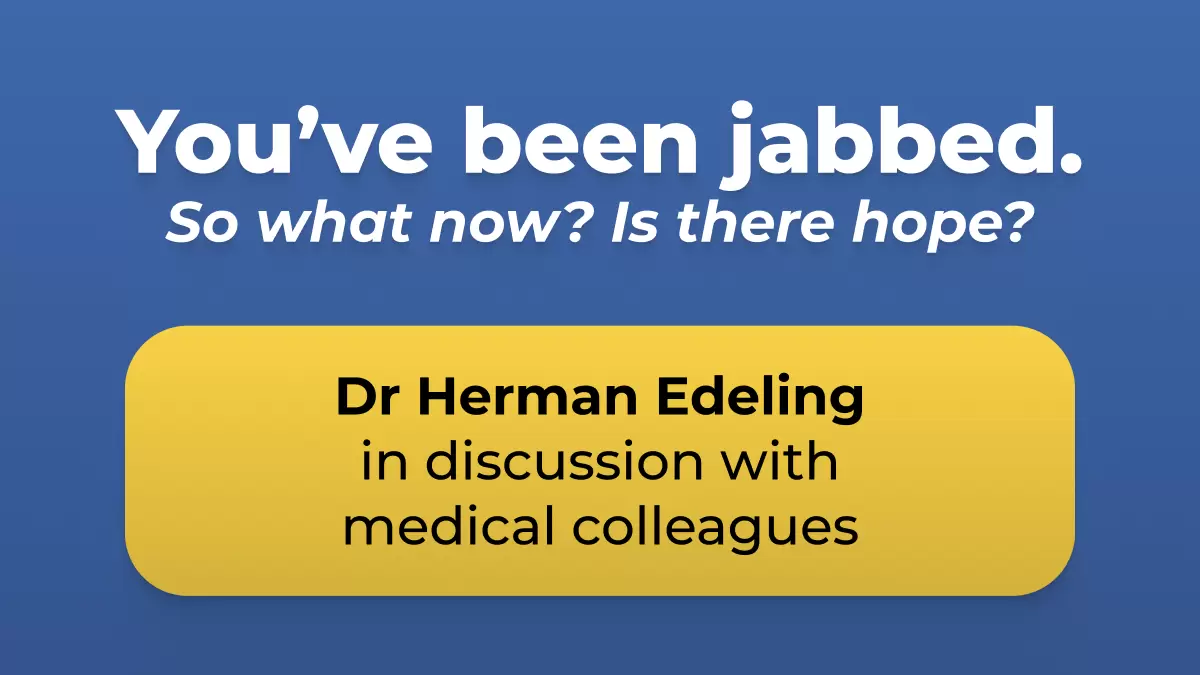Our Rights and The Law
The Encyclopaedia Brittanica defines natural law as follows:
In philosophy, system of right or justice held to be common to all humans and derived from nature rather than from the rules of society, or positive law.
The principles of natural law are self-preservation and compassion (innate repugnance to the sufferings of others). This idea has been studied and debated by Aristotle (384 – 322 BCE), St. Augustine of Hippo (354 – 430), St. Thomas Aquinas (c. ~1224 – 1274), Hugo Grotius (1583 – 1645), Thomas Hobbes (1588 – 1679), Charles-Louis de Secondat Montesquieu (1689 – 1755) and Jean-Jacques Rousseau (1712 – 78) and Immanuel Kant (1724 – 1804).
Revived interest in natural law developed as a result of the atrocities committed during Nazi regime of Adolf Hitler, which ruled Germany from 1933 to 1945, which were deemed legal by Germany at that time.
However, the scepticism of the 19th century with regard to invoking nature as a source of moral and legal norms remained powerful, and contemporary writers invariably talk of human rights rather than natural rights.
Human rights are rights we have simply because we exist as human beings — they are not granted by any state. These universal rights are inherent to us all, regardless of nationality, sex, national or ethnic origin, colour, religion, language, or any other status. They range from the most fundamental, such as the right to life, to those that make life worth living, such as the rights to food, education, work, health, and liberty.
History of Human Rights
Originally, people had rights only because of their membership in a group, such as a family. Then, in 539 BC, Cyrus the Great, after conquering the city of Babylon, did something totally unexpected — he freed all slaves to return home. Moreover, he declared people should choose their own religion. The Cyrus Cylinder, a clay tablet containing his statements, is the first human rights declaration in history.
The idea of human rights spread quickly to India, Greece and eventually Rome. The most important advances since then have included:
- 1215: The Magna Carta — gave people new rights and made the king subject to the law.
- 1628: The Petition of Right — set out the rights of the people.
- 1776: The United States Declaration of Independence — proclaimed the right to life, liberty and the pursuit of happiness.
- 1789: The Declaration of the Rights of Man and of the Citizen — a document of France, stating that all citizens are equal under the law.
- 1948: The Universal Declaration of Human Rights — the first document listing the 30 rights to which everyone is entitled.
The Universal Declaration of Human Rights (UDHR), adopted by the UN General Assembly in 1948, was the first legal document to set out the fundamental human rights to be universally protected. The UDHR, which turned 73 this year, continues to be the foundation of all international human rights law. Its 30 articles provide the principles and building blocks of current and future human rights conventions, treaties and other legal instruments.
The UDHR, together with the two covenants — the International Covenant for Civil and Political Rights, and the International Covenant for Economic, Social and Cultural Rights — make up the International Bill of Rights.
The South African Constitution and Bill of Rights is our sovereign law, and supersede all other law.
There is a maxim that states the law does not protect those that slumber on those rights.
Please, people, read the Bill of Rights! Print it out so that you can use it to defend yourself.
Section 7 – Rights
1. This Bill of Rights is a cornerstone of democracy in South Africa. It enshrines the rights of all people in our country and affirms the democratic values of human dignity, equality and freedom.
2. The state must respect, protect, promote and fulfil the rights in the Bill of Rights.
3. The rights in the Bill of Rights are subject to the limitations contained or referred to in section 36, or elsewhere in the Bill.
Section 9 — Equality (non-derogable)
9.1. Everyone is equal before the law and the right to equal protection and benefit of the law. With respect to unfair discrimination solely on the grounds of race, colour, ethnic or social origin, sex, religion or language. This is non-derogable.
The State is hereby prohibited from unfairly discriminating directly or indirectly against anyone on one or more grounds, including religion, conscience and belief. Indirect discrimination by the State is also prohibited which would be entailed via the State sanctioning a vaccine mandates and certificates.
Section 10 — Human Dignity (non-derogable)
Everyone has inherent dignity and the right to have their dignity respected and protected. This, too, is non-derogable.
Privacy was a contentious aspect of the HIV debate and the law confirmed the right of individuals not to be required to disclose their HIV status, including in the context of employment.
Section 11 — Right To Life (non-derogable)
This is non-derogable and cannot be taken away by anyone.
Section 12.2 — Freedom and Security, Bodily and Psychological Integrity (non-derogable)
This includes the right –
- to make decisions concerning reproduction;
- to security in and control over their body; and
- not to be subjected to medical or scientific experiments without their informed consent.
Subsections 1.d) and 1.e) and 2.c) are non-derogable.
In a legal interpretation setting, there is no doubt that COVID-19 vaccines are experimental.
Section 15 — Freedom of Religion, Belief and Opinion
15.1. Everyone has the right to freedom of conscience, religion, thought, belief and opinion.
Section 36 — Limitation of Rights
1. The rights in the Bill of Rights may be limited only in terms of law of general application to the extent that the limitation is reasonable and justifiable in an open and democratic society based on human dignity, equality and freedom, taking into account all relevant factors, including –
- the nature of the right;
- the importance of the purpose of the limitation;
- the nature and extent of the limitation;
- the relation between the limitation and its purpose; and
- less restrictive means to achieve the purpose.
2. Except as provided in subsection 1 or in any other provision of the Constitution, no law may limit any right entrenched in the Bill of Rights.
Section 37 — States of Emergency
Apparently, non-derogable rights are those human rights that are considered so important that they cannot be limited or suspended under any circumstance.
Companies, however, say that the Occupational Health & Safety Act requires them to maintain a safe working environment. They say that to do this, they need to impose mandates and that the Direction enables them to do this.
The counter is that –
- the Direction is illegal, because it limits non-derogable rights,
- the Direction is not a law of general application,
- the limitation is not reasonable and justifiable in an open and democratic society, essentially because it is not proportional to the harm.
The limitation clause lays down a test that any limitation must meet. The two central concepts in this test are reasonableness and proportionality. Any restriction on a right must be reasonable and must be proportional in that the impact or extent of the restriction must match the importance of the aim served by the limitation of the right.
Those who are ‘vaccinated against COVID-19’ are just as likely as the unvaccinated to infect others, and studies have found that vaccinated people carried viral loads more than 250 times higher than those carried by recovered individuals.
A vaccine mandate currently cannot, therefore, be justified in a court of law on the basis of this evidence.
The Law of General Application means that the law must be applied equally, and must not be arbitrary or aimed at specific individuals. To satisfy the second part of the enquiry, it must be shown that the law of general application is reasonable in an open, democratic society based on human dignity, equality and freedom.
…the science, which quite simply does not justify the limitations on civil liberties that mandatory vaccination would imply. A mandatory Covid-19 vaccination scheme would be patently unconstitutional. – PANDA
A law of general application providing for mandatory vaccination, taking the above into consideration, would have to be passed in Parliament.
Over 50% of South Africans do not wish to be vaccinated, and we live in a country which enshrines our right to democracy.
Informed Consent, Mandatory Vaccinations, and Your Rights
Additionally, informed consent is enshrined in our Constitution and Bill of Rights. But, where is the notion of consent when one is being forced via a so-called ‘mandate’, and where is the information of the ingredients, quantities and methods, together with long-term safety testing data for chronic disease, e.g. cancer?
Any law imposing a mandatory vaccination scheme would need to be subjected to an extensive public participation process, a referendum and the science would need to be presented and debated openly.
Remember that your rights cannot be taken away by anyone without changing the Bill of Rights. The Bill of Rights cannot be changed by a simple parliamentary majority of 50% plus one vote. Rather, it can only be amended by a Bill passed by the National Assembly, provided at least two-thirds (67% of the members of Parliament) vote for it, and the National Council of Provinces, if at least six provinces vote for it.
Disaster Management Act
A “state of disaster” has no meaning in law. It exists only in the Disaster Management Act.
However, the Disaster Management Act, which has allowed Minister Nkosasana Dlamini-Zuma, and her alone, to make regulations in perpetuity.
Parliament has not had any say in these draconian rules. — PANDA
A mandatory vaccination scheme could not be implemented under the Disaster Management Act – even though employers are currently trying to do this under the Department of Labour’s Direction.
The right to life and bodily integrity can never be limited by any law invoking a state of emergency or any regulations passed under such a law.
Rights can be limited, as mentioned above, so it is not intrinsically illegal to do this. It is only illegal if the limitation falls outside of Section 36. In order to challenge any infringement of our rights, there will need to be a case saying that the limitations are illegal.
If the Bill of Rights is changed, you can still claim these rights under natural law which supersedes all legislation.
We, the people, have inherent, natural pre-existing inalienable creator-given rights that have existed for thousands of years, long before “government” existed.
The Encyclopaedia Brittanica defines government as follows:
“Government”, the political system by which a country or community is administered and regulated. Most of the key words commonly used to describe governments — words such as monarchy, oligarchy, and democracy—are of Greek or Roman origin. They have been current for more than 2,000 years.
Government derives its powers from the consent of the governed.
The theory of government is supposed to be that we have surrendered some of our rights to government, so that the government protects the rights that we have not surrendered; that is the sole purpose of government: to protect our rights!
If our rights belong to us, they cannot be taken away by majority vote. They cannot be taken away by legislation. They cannot be taken away by command of the executive. They can only be taken away if we give them up.
Christine Anderson, a Member of the European Parliament (MEP) gave this speech at a parliamentary press conference:
It is not the goal that renders the system oppressive; it is always the methods by which the goal is pursued.
Whenever a government claims to have the people’s interest at heart, you need to think again.
In the entire history of mankind, there has never been a political elite sincerely concerned about the wellbeing of regular people. What makes any of us think that it is different now?
If the Age of Enlightenment has brought forth anything, it is certainly this: Never take anything any government tells you at face value. Always question everything any government does or does not do. Always look for ulterior motives and always ask: Cui bono? Who benefits?
Whenever a political elite pushes an agenda this hard, and resort to extortion and manipulation to get their way, you can almost always be sure your benefit is definitely not what they have at heart.
As far as I am concerned, I will not be vaccinated with anything that has not been properly vetted and tested, and has shown no sound scientific evidence that the benefits outweigh the disease itself and possible long-term side effects, which to this day we don’t know anything about.
I will not be reduced to a mere guinea pig by getting vaccinated with an experimental drug. And I will most assuredly not get vaccinated because my government tells me to, and promises in return I will be granted freedom.
Let’s be clear about one thing: no one “grants” me freedom, for I am a free person.
So I dare the European Commission and the German government: Throw me in jail, lock me up and throw away the key, for all I care. But you will never be able to coerce me into being vaccinated if I, the free citizen, choose not to be vaccinated.
Anything that is contrary to the Bill of Rights is illegal, unlawful and null and void. Please let your bosses know! #JustSaying
Governments come and go.
Apartheid and the Holocaust were once “law”.
Remember that.
Finally, did you know that South Africa and our Reserve Bank are both corporate entities registered with the Securities and Exchange Commission (SEC)? Therefore, who has jurisdiction over South Africa? New York? If so, does any of the above even apply?
